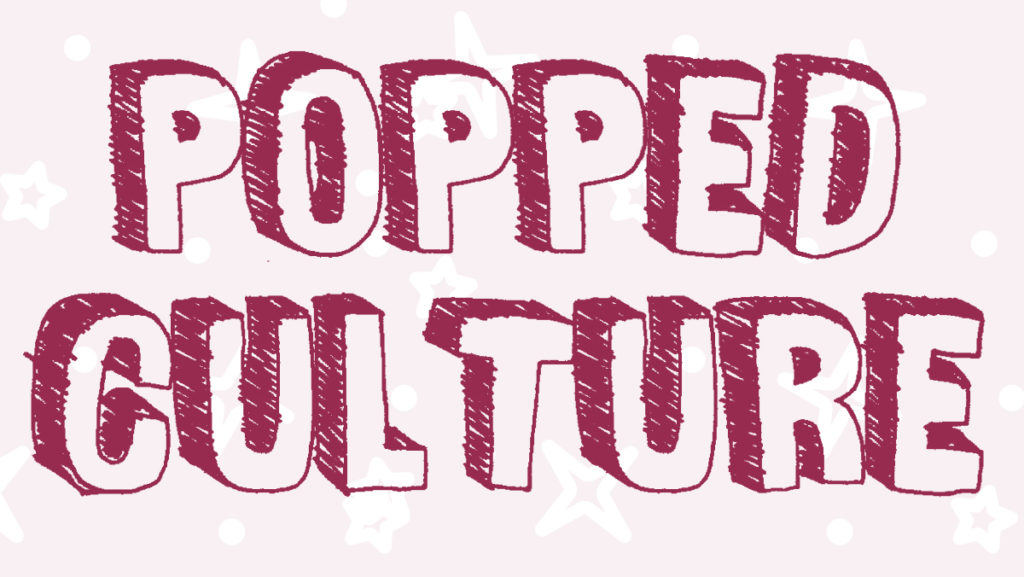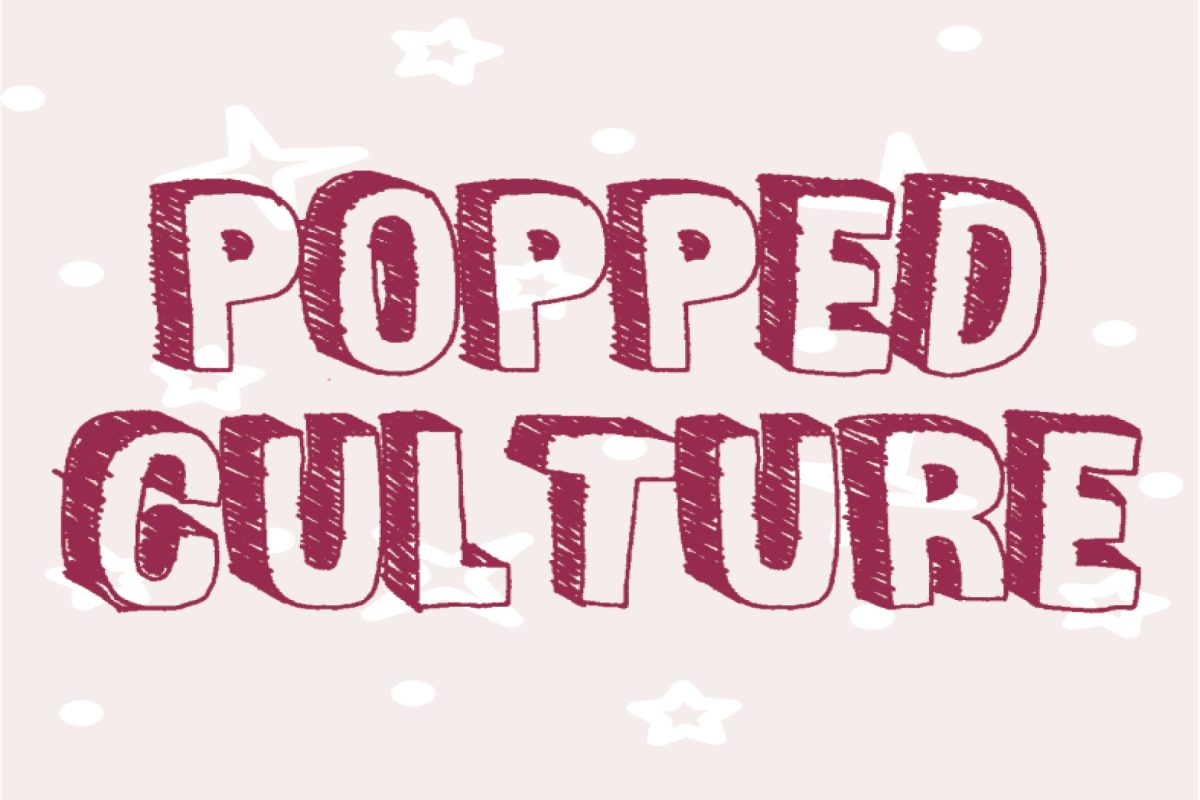“Harry Potter.” “Twilight.” “The Hunger Games.” For a generation of young people now graduating from adolescence to adulthood, these titles bring back childhood memories. But a decade later, Stephenie Meyer and Suzanne Collins appear on the new releases shelf once again, this time with new additions to their “Twilight” and “The Hunger Games” series. Why?
The short answer is money. In the first week of its publication, Meyer’s “Twilight” companion novel, “Midnight Sun,” sold a shameless 1 million copies. Collins’ “The Hunger Games” prequel, “The Ballad of Songbirds and Snakes” sold 500,000 copies in its first week. And 2016’s “Harry Potter and the Cursed Child,” a stage play co-written by “Harry Potter” author J.K. Rowling? Four million copies. Most books don’t even sell that many copies in a year.
The long answer is a bit more complicated. Memories we form in our childhood are ones that we will carry for the rest of our lives. People know that they will like a Disney live–action remake before they see it, an album from a late singer before they hear it and another book from a series they liked as a preteen before they read it. Book publishers have realized this, and, in recent years, an enormous hole in the market has opened up waiting to be filled by sequels, prequels and tie-ins. Print book sales have seen a notable increase in the first half of 2020, partly because of follow-up books like these.
Yet, at the same time, some people may be upset when that same Disney movie, singer or author makes extensive changes to something they love. Some people don’t like seeing their favorite childhood stories changed by new continuations. But even if fans are mad at the outcome, they still bought it, a result that is a win for the publisher.
This phenomenon isn’t new. Louisa May Alcott’s beloved 1868 novel “Little Women” has two sequels — ”Little Men” and “Jo’s Boys.” Almost 30 years after the publication of Aldous Huxley’s 1932 masterwork, “Brave New World,” he wrote “Brave New World Revisited,” a nonfiction work commenting on the content of his original book. And Joseph Heller followed “Catch-22” up with “Closing Time” 33 years later. Their reception was lukewarm to positive.
If the authors of these pieces of high art can publish sequels, why can’t Stephenie Meyer? After all, can the “Twilight” series even be considered great literature? Did we love Harry Potter as children because we admired its literary greatness or because we found solace in the characters and the world? Nobody loves Dostoyevsky because their greatest childhood memories are of building a pillow fort and reading “The Idiot” by flashlight until dawn.
Still, fans shouldn’t allow themselves to take offense at these new books in a series. What we hold as sacred in our childhood is relative to who we are. Only we determine how disappointing or exciting a new book from our favorite childhood author is to us. If we spend all our energy frustrated that stories sacred to us are being ruined, we are simultaneously holding ourselves back from being open to new stories that we can fall in love with. There are a ton of great books coming out that aren’t continuations of old series. Making a habit of seeking these out will be our solution to this problem.
Clearly, some fans still enjoy these characters and stories. So if Meyer, Collins and Rowling want to beat a dead horse, let’s let them. After all, it’s their art, and, if it makes fans happy, then the world is a better place. But for those of us who are quick to criticize — let’s do ourselves a favor and look the other way while they do it.





